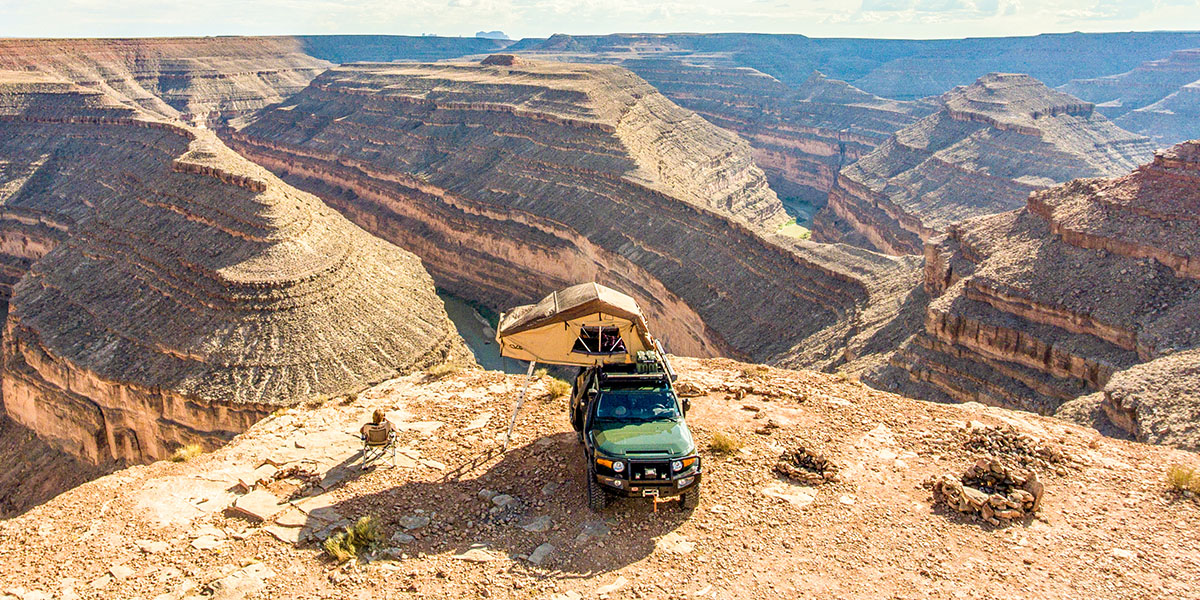It’s no secret that campsites are more crowded. Indeed, a new breed of camper has emerged, according to a study by Modern Campground. These newcomers have embraced vehicle-based camping, they’re more cost-conscious, and they’re more likely to take part in activities like forest bathing and foraging rather than hiking.
The Rise of Vehicle-Based Camping
While tent camping continues to maintain steady interest, it was surpassed by vehicle-based camping in 2020, which has been gaining traction since 2015. Note that this growth did not extend to RV camping, which peaked around 2021 and has since returned to pre-2020 levels. The most dramatic drop, however, was seen in the number of backpackers, which has fallen over 25% since 2015.
Vehicle-based camping offers several advantages over traditional camping and backpacking – less physical exertion, better protection from the elements, to name a couple – while offering better access to nature compared to motorhomes and travel trailers. Interest in rooftop tents has grown alongside, whether for comfort or acceptance at campgrounds that do not allow visitors to sleep in their vehicles. The big game-changer, however, is the meteoric rise of overlanding in recent years, which eschews the traditional campground experience and has spawned an booming market of equipment and accessories to support and enhance off-grid excursions.
Cost-Consciousness Changing Booking Types
Part of the appeal of vehicle-based camping is its low cost of entry. Travel costs have risen every quarter since January 2022, and campers who using their everyday vehicle can avoid additional expenses associated with a travel trailer or motorhome: fuel, maintenance, or a larger campsite.
Conversely, budget-conscious campers are also looking at all-inclusive resorts and saving money through bundle discounts. These campers are not necessarily looking for a hotel-like experience; they mainly want to avoid unexpected expenses that they haven’t accounted for. The priority placed on planning and preparation can also be seen in their increased investment in equipment that improves their experience when going off-grid or dispersed camping.
A Shift in Outdoor Engagement
Another significant shift noted in the report is the change in the types of outdoor activities campers are engaging in. The number of campers interested in hiking has tumbled precipitously, down over 75% since 2020. According to the report, “guests are seeking deeper connections with nature, as evidenced by the increasing popularity of forest bathing and foraging. This indicates a shift from high-adrenaline activities to more reflective, purposeful engagements with the natural environment.”
The Future of Camping: Intention and Immersion
The data collected in the 2025 MC Hospitality Highlights report highlights that today’s campers are planning more intentional, budget-conscious trips, seeking immersive and meaningful outdoor experiences. As overlanding continues to drive the growth of vehicle-based camping, the industry must adapt to these evolving preferences. Campers are no longer just seeking a place to stay – they’re looking for ways to connect with the natural world in a deeper, more thoughtful way. This shift in mindset is shaping the future of camping, making it an exciting time for both outdoor enthusiasts and the campground industry alike.
